And without having to pay those big dividends, VR will have more to invest in Whistler Blackcomb’s capital improvements than any previous owner. Vail Resorts always pumps big dollars into its acquisitions, including $50 million last season to connect its Canyons and Park City ski areas, creating the largest ski area in the U.S. (but… still smaller than Whistler Blackcomb). Whistler Blackcomb CEO Dave Brownlie said Vail Resorts’ financial depth will enable the resort to pursue its ambitious Whistler Blackcomb Renaissance, a $268.5 million plan to develop year-round, weather-independent attractions like a water park, adventure course, action sports complex and luxury hotel.
“This is going to make Whistler Blackcomb that much stronger and our community stronger for the long-term,” Brownlie said.
Sure, it’s a tough pill to swallow, going from an independent entity to a jewel in a corporate crown. But the impact is lessened when that crown belongs to the biggest, richest, most successful ski company in the world, Smythe said.
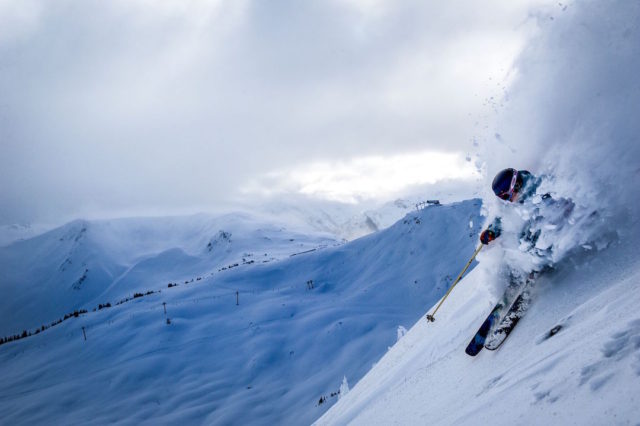
“Even if there are concerns, I don’t think any of them are well founded. There’s going to be a period of transition where that level of trust needs to be built up, but … these are ski guys and they are very smart ski guys who run a really good show,” said Smythe, who was a ski patroller at Whistler in 1966, its first year of operation. “[VR has] a bevy of different resorts, each with their own identities. Not everything is Vail and Beaver Creek. Whistler Blackcomb has its own personality and culture and flavor and the two mountains are a mature resort. How much can you really change that? It is what it is. I don’t think Vail is going to change it all that much and any change there is, is going to be positive.”
Passholders certainly win. With his $809 Epic Pass soon to deliver unlimited access to almost 40,000 acres worldwide, Katz is providing skiing for about 2 cents an acre. That’s equivalent to early 1970s prices and a fraction of any other season pass deal out there.
That early millennium’s lament—ignited by Whistler’s former owner, the condo-fueled Intrawest—that skiing was becoming an amenity for luxury real estate sales? Katz has singlehandedly dismantled that, pushing Vail Resorts into a purely skiing operation. In fiscal 2015, 70 percent of his company’s $1.4 billion in revenue came from the mountain: passes, tickets, lessons, rentals, retail and food.
But the resort industry’s competitive landscape has forever tilted toward Vail Resorts. Make no mistake, skiing is now a monopoly. It’s next to impossible to thrive in a market where one company owns so much and offers it all for so little. Still, don’t expect the competition to wither. Watch them unite. A growing assembly of the best independent resorts is upping its game, even spinning the dominance of the gorilla in the room as a craft vs. corporate marketing ploy.
“There’s never been a better time to highlight the benefit of visiting an independent resort and really showcasing the differences,” said Christian Knapp, the former Vail Resorts executive who now heads marketing for Aspen Skiing Co. and spearheads the Mountain Collective, the swelling band of both large and small boutique resorts allied in battle with the Epic Pass.
Expect to see more multi-resort passes like the $419 Mountain Collective, which offers two days at fourteen of North America’s most coveted destinations, each an independently owned resort: Alta/ Snowbird, Aspen Snowmass, Jackson Hole, Sun Valley, Mammoth, Stowe, Ski Banff, Squaw Valley/Alpine Meadows, Taos, Whistler Blackcomb, and, most recently Revelstoke and Telluride. Vail Resorts plucked a trophy from that list, but for 2016-17 Whistler remains part of the Mountain Collective.
The $699 M.A.X Pass and its 39 member mountains has also emerged as a viable season pass player.
Those kinds of alliances boost the profiles of each resort involved.
“If you are looking for those passionate skiers and riders and the ability to market to them, this is a big step up over what an individual resort can do,” said Telluride chief and co-owner Bill Jensen, another former VR exec.
The VR deal for Whistler Blackcomb involved cash and stock. The company still has a lot of borrowing power, more than $68 million in cash and equivalents, as well as a swelling pile of company-owned stock priced around $160 a share. It’s not like the Whistler buy took them out of the acquisition game. If there’s another major, high-volume resort relatively close to a huge metro area that Vail Resorts wants to buy (cough, Mammoth? cough, Stratton?) the company is ready and able.
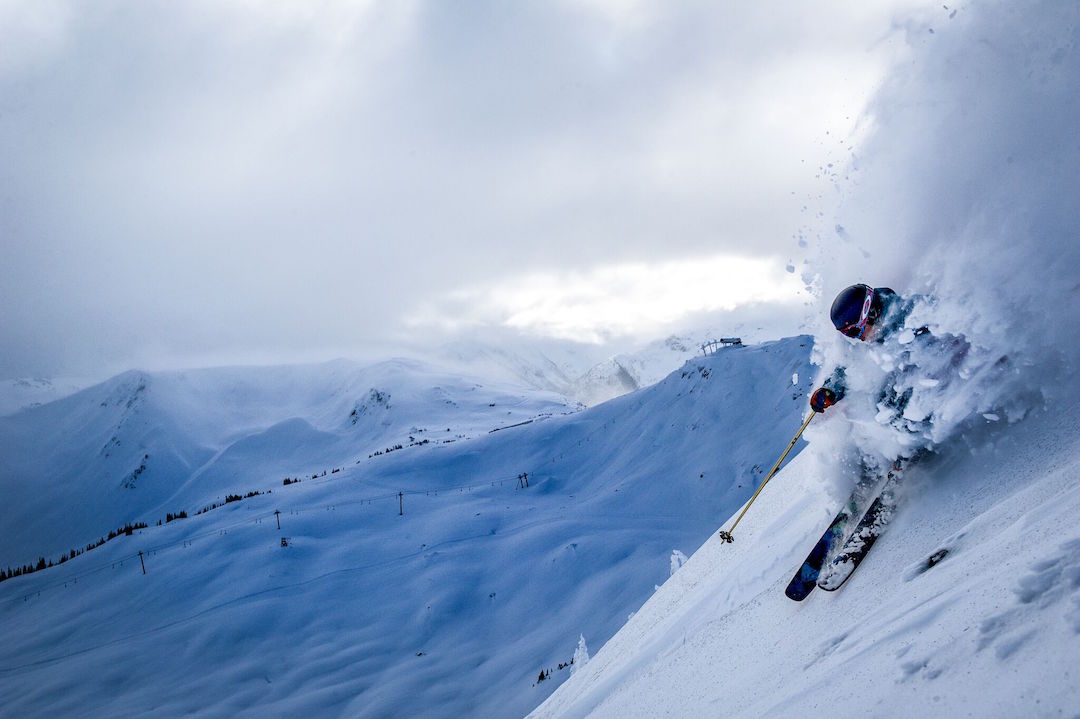
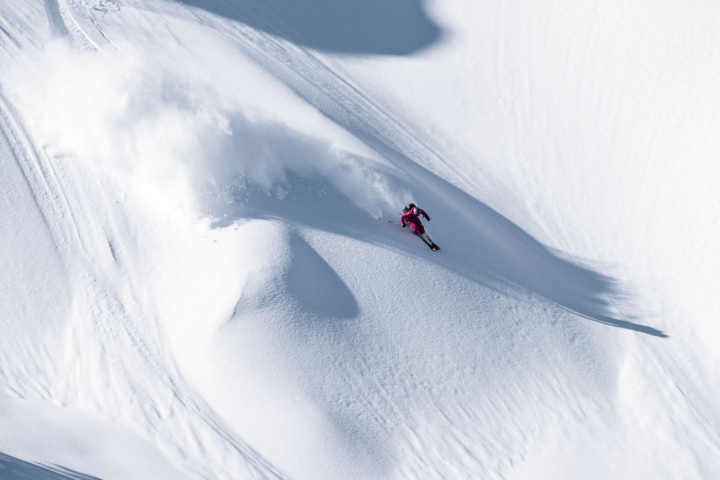
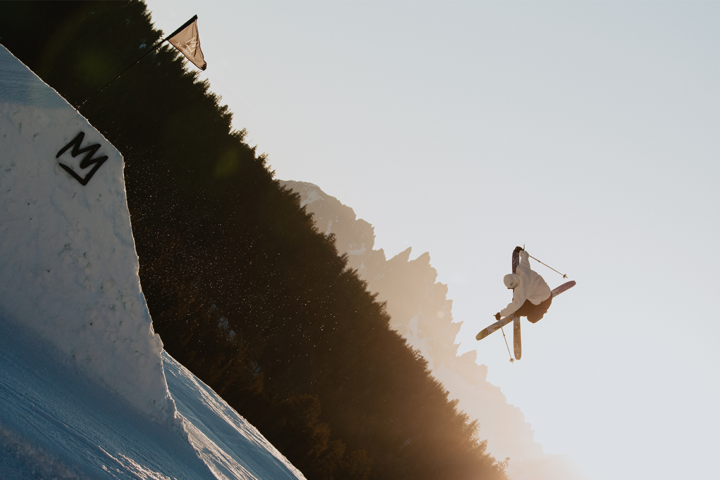
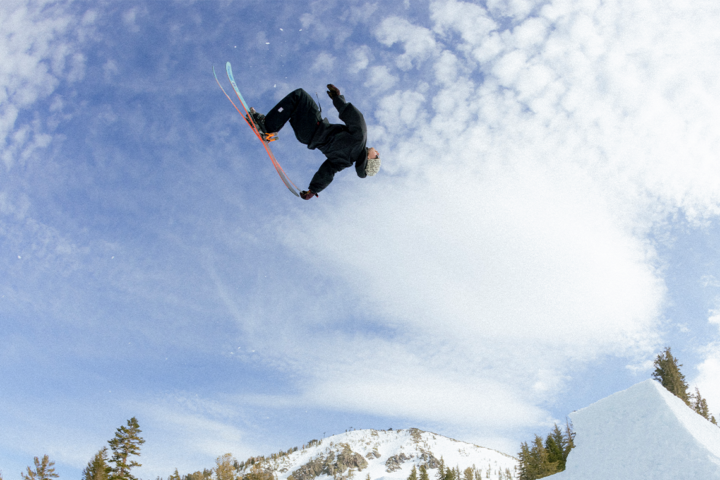
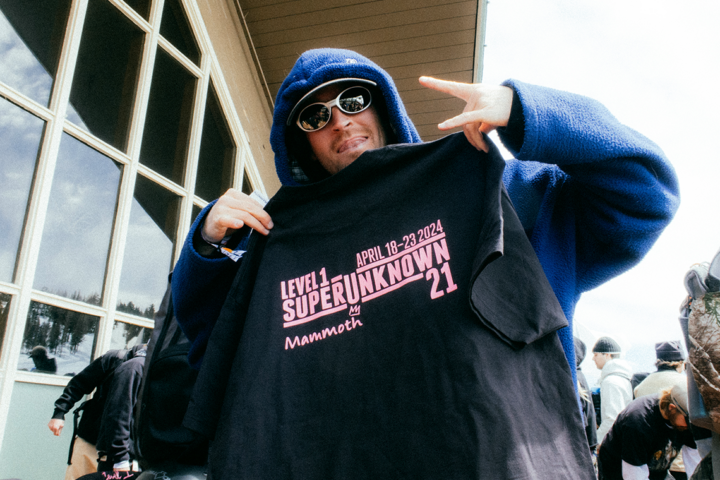

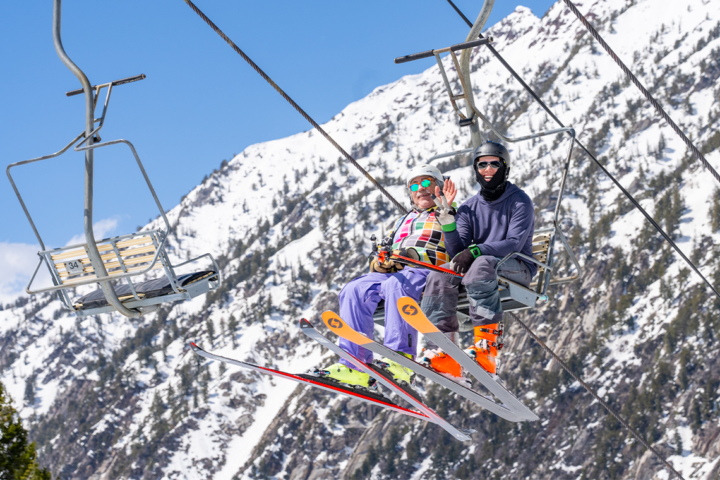
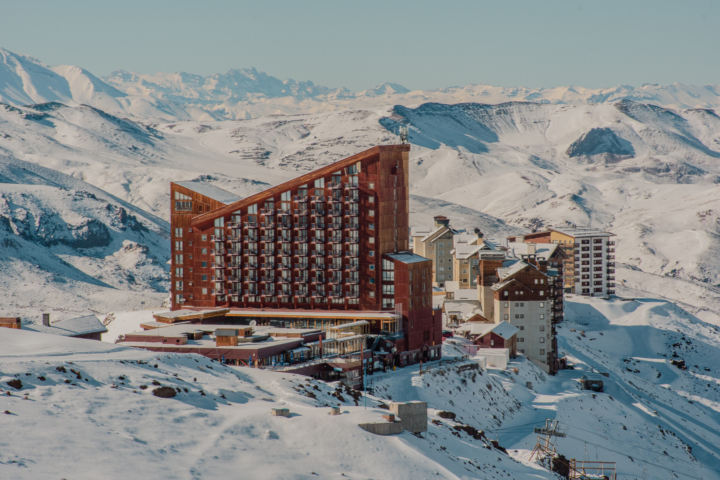
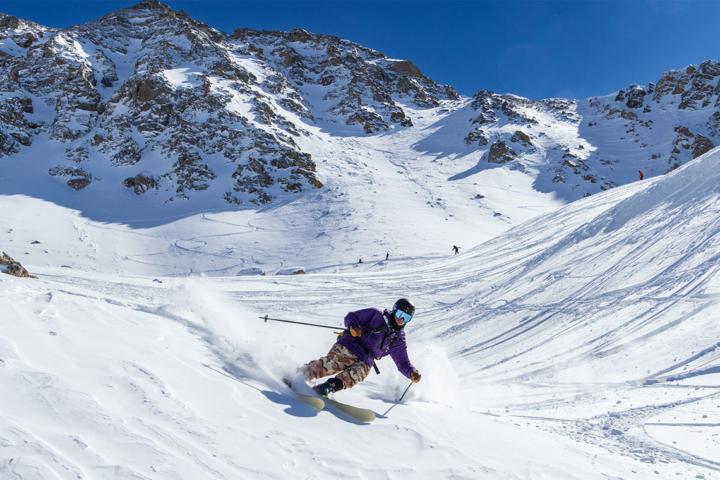
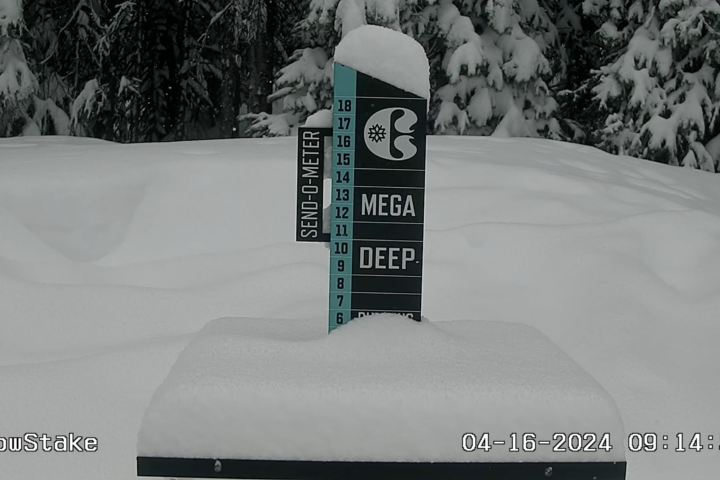
4 thoughts on “The Growing Goliath: Vail Resorts’ acquisition of Whistler Blackcomb is the latest step in a quest to own skiing”
Comments are closed.